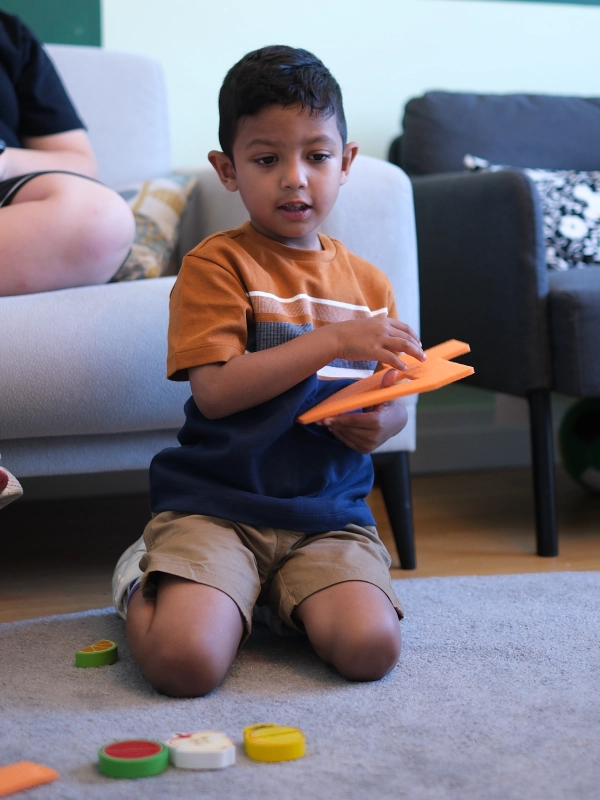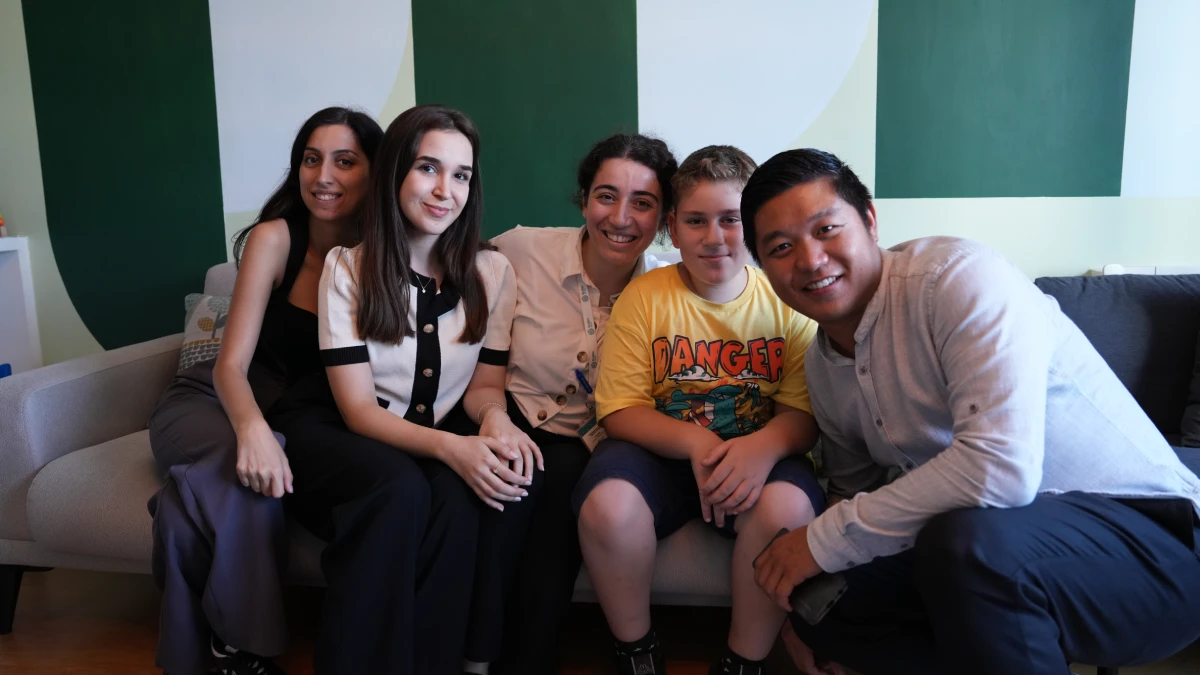Autism Spectrum Disorder (ASD) is a complex neurodevelopmental condition that affects how individuals perceive and interact with the world around them. The symptoms of autism vary greatly, from communication challenges to sensory sensitivities and repetitive behaviors. As a parent of a child with autism, you may often find yourself exploring different treatment options to help manage your child’s unique needs. While traditional therapies like behavioral treatments and medications are commonly used, many families are also looking for alternative options, such as homeopathy.
Homeopathy, a holistic form of treatment, is gaining attention as a complementary approach to supporting children with autism. But does it work? In this blog post, we’ll explore how homeopathy can potentially support children with autism, examining both its benefits and its limitations, while also considering how it fits into a broader treatment plan.
Table of Contents
What is Homeopathy? An Overview of the Healing Approach
Homeopathy is a healing system that was developed over 200 years ago by Dr. Samuel Hahnemann, based on the principle of “like cures like.” This means that substances that cause symptoms in healthy individuals can, when diluted, be used to treat similar symptoms in sick individuals (Hahnemann, 1810). Homeopathic treatments are individualized, meaning that they are tailored to each person’s unique symptoms, both physical and emotional.
While many parents of children with autism may seek homeopathy as a natural, non-invasive treatment option, it’s important to understand that scientific evidence supporting its use is still limited. Research studies such as Vohra’s (2003) and Miller’s (2011) suggest that homeopathy might help with some of the behavioral and emotional challenges associated with autism, though more rigorous trials are needed to substantiate these claims.
How Can Homeopathy Support Children with Autism?
Homeopathy focuses on treating the person as a whole, rather than simply addressing specific symptoms. For children with autism, this can mean addressing the physical, emotional, and behavioral aspects of the condition. Here are some ways homeopathy might support children with autism:
1. Managing Behavioral and Emotional Symptoms
Children with autism often struggle with emotional regulation, leading to challenges such as irritability, anxiety, and aggression. According to Miller (2011), homeopathic remedies may help reduce these emotional issues by promoting emotional balance. Common behavioral challenges that homeopathy may address include:
- Hyperactivity or impulsivity
- Frequent meltdowns or tantrums
- Difficulty focusing or staying calm
- Social anxiety or withdrawal
Some homeopathic remedies aim to support emotional stability, allowing children to feel more secure in their daily lives.
2. Supporting Communication Development
Many children with autism experience delays in speech and language development. Homeopathy may offer indirect support for improving communication skills. Research by Lau (2014) has shown that homeopathic remedies can potentially stimulate cognitive and neurological development, which might lead to improvements in speech and social communication.

3. Reducing Sensory Sensitivities
Sensory sensitivities are a core feature of autism, with many children becoming overwhelmed by certain sounds, lights, or textures. According to Bastian (2017), homeopathy may help reduce sensory sensitivities by improving the nervous system’s ability to process stimuli. Homeopathic remedies are thought to bring balance to the sensory system, helping children feel less overwhelmed and more comfortable in their environments.
4. Enhancing Overall Well-being
Homeopathy treats the body as a whole, not just individual symptoms. This holistic approach can promote general well-being by boosting physical health, emotional stability, and mental clarity. Families often report that their children experience increased energy, improved sleep patterns, and stronger immune function after undergoing homeopathic treatment (Vohra, 2003).
5. Individualized Treatment
One of the main advantages of homeopathy is its individualized approach. Homeopaths assess the totality of a child’s symptoms—physical, emotional, and behavioral—before selecting a remedy. This ensures that the treatment is personalized to the child’s unique needs, rather than following a one-size-fits-all approach (Hahnemann, 1810).
What the Science Says: Is Homeopathy Effective for Autism?
The effectiveness of homeopathy in treating autism is still a subject of debate. While many parents report positive experiences, scientific evidence remains mixed. Studies like those conducted by Lau (2014) and Vohra (2003) have shown that homeopathy may help alleviate some symptoms of autism, but these findings are not conclusive. Larger, more controlled studies are needed to definitively establish homeopathy’s role in autism treatment.
Additionally, the American Academy of Pediatrics (2019) has emphasized the importance of combining evidence-based treatments with complementary therapies like homeopathy. Parents considering this treatment should consult with healthcare providers to ensure that it aligns with their child’s overall treatment plan.
Why Homeopathy Might Be Worth Considering for Your Child
Although homeopathy is not a cure for autism, it offers a gentle, non-invasive alternative for families seeking complementary treatments. Here are some reasons to consider homeopathy as part of your child’s treatment plan:
- Natural and non-invasive: Homeopathy uses highly diluted natural substances, making it a safe and gentle option for children of all ages (Miller, 2011).
- Personalized care: Remedies are tailored to each child’s unique symptoms, ensuring a more individualized approach (Hahnemann, 1810).
- Complementary to other therapies: Homeopathy can be used alongside traditional autism treatments, such as behavioral therapy, speech therapy, and medication, to enhance overall outcomes (Lau, 2014).
Conclusion: A Holistic Approach for Your Child’s Unique Journey
At Linden Health, we understand that autism is a spectrum, and each child’s journey is unique. While homeopathy may not be a standalone cure for autism, it can play a valuable role in a comprehensive treatment plan. By addressing your child’s physical, emotional, and behavioral needs holistically, homeopathy can support their overall well-being and development.
If you are considering homeopathy for your child with autism, we recommend working with a qualified homeopath to ensure that the treatment is tailored to their specific needs. Together with other evidence-based treatments, homeopathy can help your child lead a happier and more balanced life.
Contact Linden Health today to learn more about how we can support your child on their autism journey with individualized care and holistic treatments.
References:
- Hahnemann, S. (1810). Organon of Medicine.
- Vohra, R. (2003). “Homeopathy in Autism: A Review of Research.” The Journal of Alternative and Complementary Medicine.
- Miller, J. (2011). “Complementary and Alternative Therapies in Autism Spectrum Disorders.” Journal of Pediatric Rehabilitation Medicine.
- Lau, W. L. (2014). “The Efficacy of Homeopathy in Treating Autism Spectrum Disorders: A Systematic Review.” Journal of Autism and Developmental Disorders.
- Bastian, A. (2017). “Alternative Treatments in Autism: Exploring Homeopathy.” Journal of Alternative Medicine.
- American Academy of Pediatrics (2019). “Complementary and Alternative Medicine for Autism Spectrum Disorder.”
